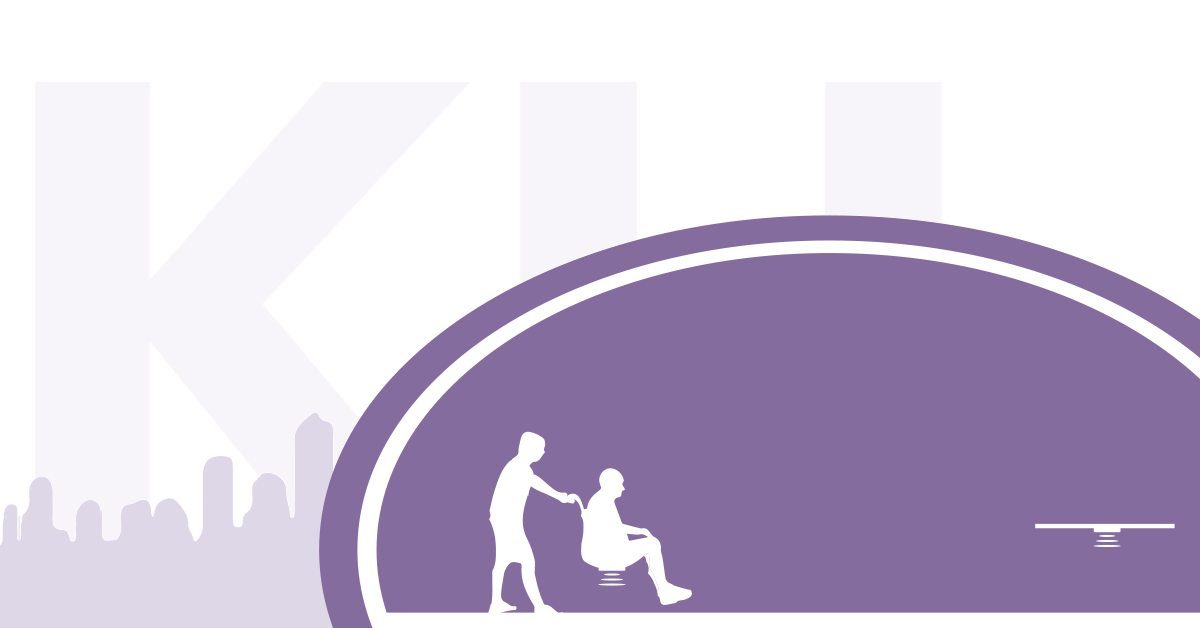The U.S. population is getting older, patients are living longer, and as the need to ameliorate cost rises due to a greater burden on the health system, the need for quality care remains. Home health is the best way for health systems to address rising costs while providing quality of care.
Health plans are currently partnering with home health agencies nationwide to link their patients and clinicians to each other outside of the ER, hospital or medical clinic. When partnering with a home health provider, it’s no longer enough to think only in terms of branding to stand out from the 10,000 or more home health agencies and 6,000 hospice agencies in the United States.
Both the regulatory bodies and the world around us are changing at a rapid pace. The health providers who will succeed in the home health space will be those with the ability to scale quickly in response to changing regulations, and scale with future technologies in mind. Preparedness, and an eye towards the horizon is key.
At Kara Health, we’ve identified key areas where the intelligent application of data and technology can be used to build a home health system that’s ready for the future.
Automation Wherever Possible
In previous blogs we’ve explained how automation saves money by creating efficiencies in the back office. This allows for greater investment in clinicians and quality in-person care, improving patient outcomes. While the patient-doctor relationship may never be fully replaced by future technology, we can automate in several areas to improve upon the efficiency and effectiveness of that relationship.
At the core of successful automation is smart data.
Data’s Role in Helping Patients
By making use of system wide data patients are identified and engaged proactively. Home health is no longer confined to the realm of post-acute response and reduction in readmissions, but can be a tool in preventing hospitalizations in the first place.
Keeping patients healthy and out of the hospital is the most effective way to reduce costs. Understanding how to utilize home health as a preventative tool, in a cost-effective way, is the role of intelligent system-wide data.
Data’s Role in Assisting Clinicians
User friendly hardware and software allows clinicians in the field to take an active role in contributing to data collection, and makes for a more pleasant clinician and patient experience.
Data informs disease-specific clinical pathways to reduce variability in care, and the circle is complete when clinicians report on disease specific metrics. Innovation in technology allows doctors to gather real-time data without sacrificing time spent with the patient.
Intelligent scheduling software maximizes the productivity of clinicians in the field. Data patterns predict and inform time spent with each patient and between patients as providers travel from one home to the next. Forward thinking systems are those built with an eye towards a future of autonomous and WiFi enabled cars.
When clinicians are no longer responsible for their own transportation, time is freed to document visits, and productivity increases. Data is the foundation upon which these future systems are built, and at Kara Health, we are working to ensure a strong foundation.
Future Home Health Technology
Amazon Echo has disrupted the retail industry and will do the same for healthcare. Alexa will soon fulfil pharmaceutical prescriptions, and alongside third party apps, will manage private patient data in accordance with HIPAA regulations. Voice technology will be utilized in the patient’s home, the health plan’s clinic, or the clinician’s office.
Third party apps already utilize Alexa Skills to assist patients with chronic illness, manage diabetes, medications and blood pressure. When partnered with technology that allows for real time remote testing of blood sugar, heart rate, weight, or oxygen saturation, clinicians can begin to provide diagnosis for patients as they travel to the patient’s home, or as the patient is en route to the hospital.
Voice technology allows doctors to take medical notes more efficiently, order medications, services and follow-up appointments, all while remaining hands free, and most importantly, hands on for the patient.
With over 23% of U.S. physicians already utilizing hands-free communication devices at work, a more integrated use of voice technology is not far off. Those who are prepared to utilize this technology as it’s available will reap the benefits of efficiency it’s destined to provide.
Future Home Health Regulation
As new technologies break ground, each comes with a fresh set of legal concerns. Understanding how to thrive in a regulatory (and technological) environment that is constantly changing will become the major differentiator for health plans and health systems. Successful home care plans must be prepared and agile to take advantage of new technologies. The most successful will also use technology to take advantage of new regulations.
In January of 2020 the Patient Driven Groupings Model (PDGM) will go live. This significant change in billing practices is designed to reduce health care costs. It will only be effective for those who are prepared to use data-driven models to take full advantage of the built-in assumptions within the new guidelines.
The hospice carve-in for Medicare Advantage (MA) plans begins for all 50 states in 2021. With MA coverage growing at breakneck speed, hospice and in-home management of chronic health issues will become a likely choice for many patients. Now is the time for establishing home health services that can readily respond to future growth.
At Kara Health, we help health plans, health systems, and care providers leverage data, automation and technology to achieve massive scale and market leading returns. At Kara Health, the future is already here.




